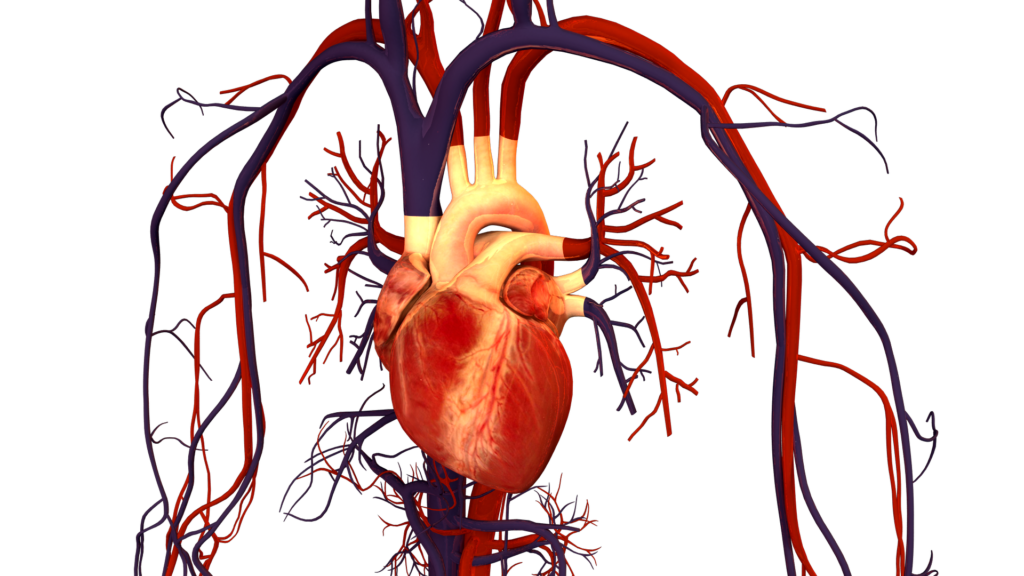Congestive heart failure (CHF) is a common health issue, affecting millions of people and their families. Learning about CHF, how it develops, and its impact on the body can help people gain confidence as they manage the condition each day. Here’s an overview for those living with heart failure and anyone wanting to understand the circulatory system’s responses:
Congestive Heart Failure Types
CHF means that the heart is not pumping blood as well as it should. This doesn’t mean that the heart has failed. Instead, the muscle struggles to maintain enough blood flow to meet the body’s needs for oxygen and nutrients. Blood moving through the heart and body may slow down. This causes various health effects throughout the circulatory system.
Left-sided heart failure occurs when the left side of the heart doesn’t pump enough oxygen-rich blood to the rest of the body. The heart muscle might be too weak or too stiff. Right-sided heart failure happens when the right side of the heart cannot move blood into the lungs efficiently for oxygenation. This often leads to fluid buildup in the legs, ankles, or abdomen.
Common Causes of Congestive Heart Failure
Several medical conditions and lifestyle factors may lead to the development of CHF. Most often, CHF develops gradually. Addressing risk factors can often help slow progression. Some common causes include:
- Coronary artery disease (narrowed arteries that supply blood to the heart)
- Valvular heart disease (problems affecting heart valves)
- Cardiomyopathy (diseases of the heart muscle, sometimes related to genetics, infections, or stress)
- Hypertension (high blood pressure)
- Diabetes and obesity
- Previous heart attacks or other injuries to the heart muscle
How Heart Failure Impacts the Circulatory System
A weakened heart leads to decreased cardiac output, resulting in less blood being circulated to the organs. What often follows is a backup of blood that increases pressure in the veins. Organs like the kidneys and liver depend on steady circulation. If blood backs up or slows down, these organs might not work as efficiently. Some individuals notice difficulty with digestion or changes in urination as a result.
Symptoms Related to Circulation
Swelling (edema) occurs when blood doesn’t move efficiently. Blood may pool in the feet, legs, abdomen, or even the lungs, causing swelling and discomfort. Shortness of breath means that less oxygen-rich blood reaches the muscles; fluid may also collect in the lungs, making breathing harder. Fatigue happens when organs and tissues receive less oxygen and nutrients, making people feel tired or weak.
Approaches to Managing Congestive Heart Failure
People diagnosed with congestive heart failure often follow a treatment plan designed to minimize symptoms and improve quality of life. Some of the most common strategies include:
- Lifestyle changes: Reducing salt intake, staying active as possible, and keeping a healthy weight are often recommended.
- Medications: These may help the heart pump more effectively, lower blood pressure, or remove excess fluid from the body.
- Monitoring symptoms: Paying attention to weight gain, swelling, and breathing patterns, primarily supports early intervention.
- Medical devices: For some, devices such as pacemakers or implantable defibrillators help the heart maintain a better rhythm and function.
Schedule an Appointment with a Vascular Expert
Living with heart failure can be a challenge, but practical tools and ongoing medical support give individuals more control over daily life. Learning about the condition and understanding its effects are positive first steps. Make informed choices and partner with a healthcare provider to manage your heart health more effectively.

